1. The Quiet Shift Begins
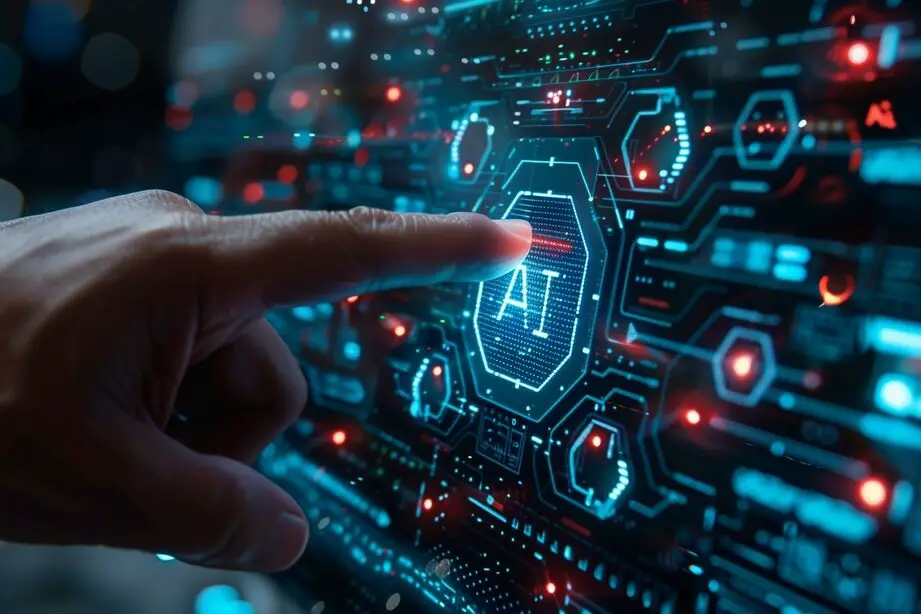
It’s strange how quietly it’s happening. Bit by bit, the everyday decisions we once made by instinct or experience are now being handled by machines that never sleep. From hiring to healthcare, judgment is being automated in ways that feel small but add up to something big. It starts innocently with automated resume filters deciding who’s worthy of a callback. Those systems read keywords, score tone, and interpret patterns that once required a human touch. What seems like progress might actually be the quiet fading of human intuition in places that once defined our worth.
2. The Machines Deciding Who Gets a Loan

Imagine applying for a loan and realizing no one is actually reviewing your story. Today, credit decisions are often handled by algorithms trained on massive datasets that determine whether you qualify. These systems can approve or deny applications in seconds, without considering the unexpected hardships or personal goals that make each case unique. While it may seem efficient, the heart of human judgment, empathy, and flexibility often disappears. The result is a financial world that moves faster but feels colder, where a person’s worth is reduced to data points rather than real understanding.
3. When Doctors Take Cues from Algorithms
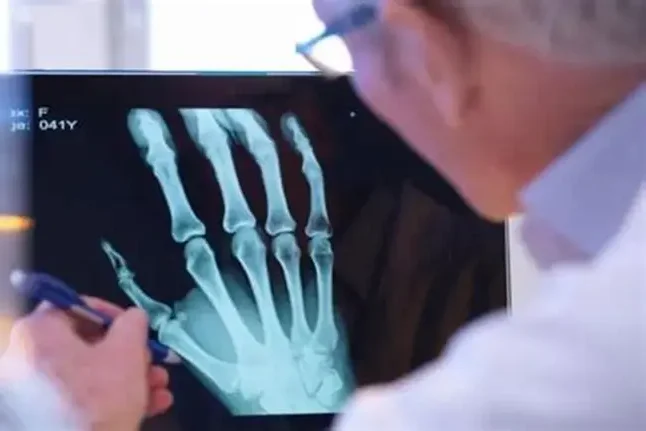
In hospitals, machines are learning to read X-rays, predict disease, and even suggest treatments before a doctor speaks. It sounds miraculous, but it subtly shifts who’s in charge. The doctor’s intuition built from years of patient care now competes with an algorithm that measures probabilities and trends. This can be life-saving, but it can also erode trust when patients realize their diagnosis comes from data rather than a heartbeat. Medicine has always been about human connection, yet as AI takes on more responsibility, that connection risks becoming another feature instead of the foundation.
4. The Chatbot That Interviews You
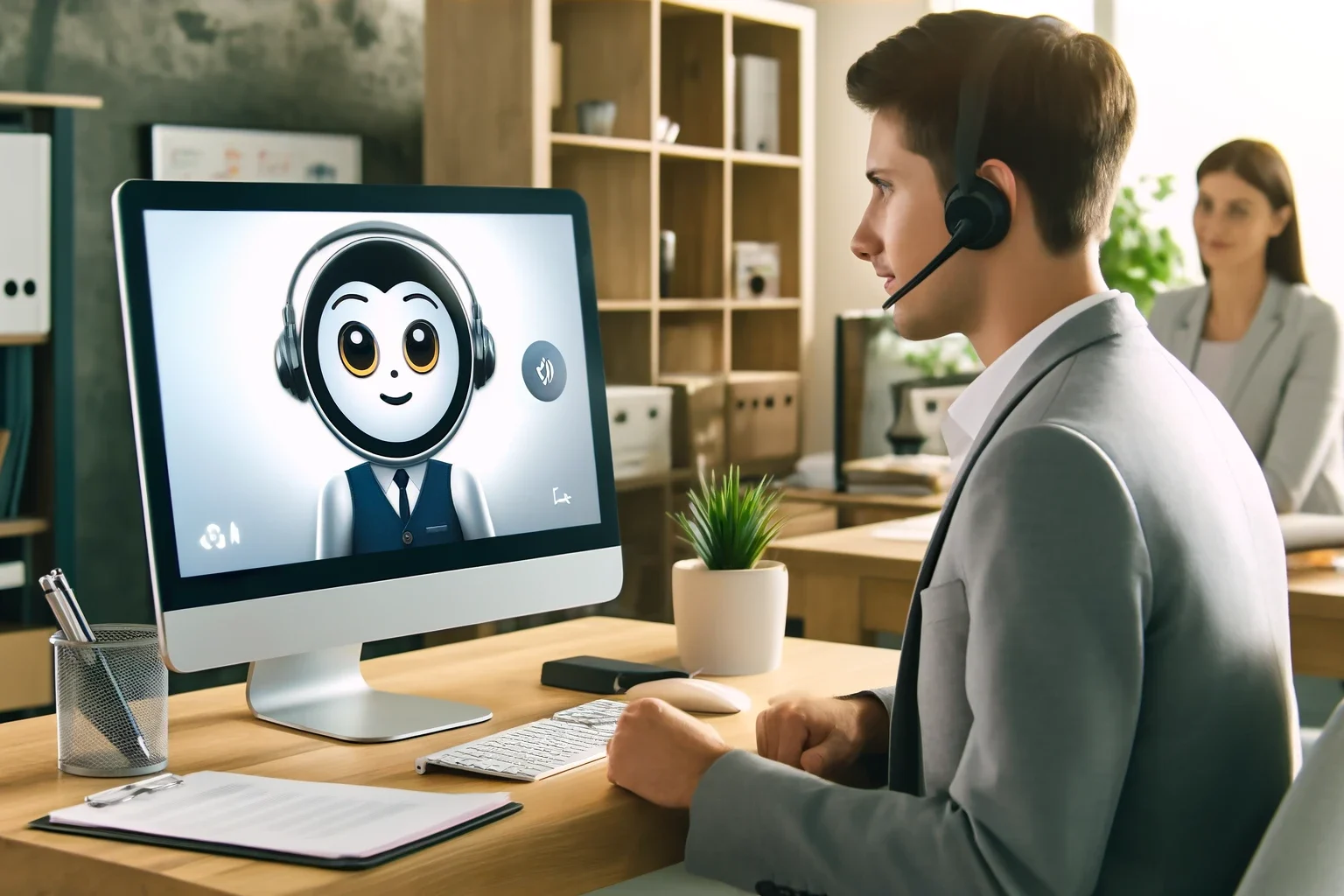
The next time you apply for a job, the friendly voice interviewing you might not belong to a person at all. Many companies now rely on AI chatbots to evaluate candidate responses, tone, and confidence. They score conversations and decide who advances, sometimes before a human ever looks at your profile. It saves time and money but also strips away subtle human understanding. What if your nervous laughter reads as uncertainty? What if your accent confuses the system? The human side of hiring used to be about connection, but now it’s about calibration.
5. Cars That Judge for You
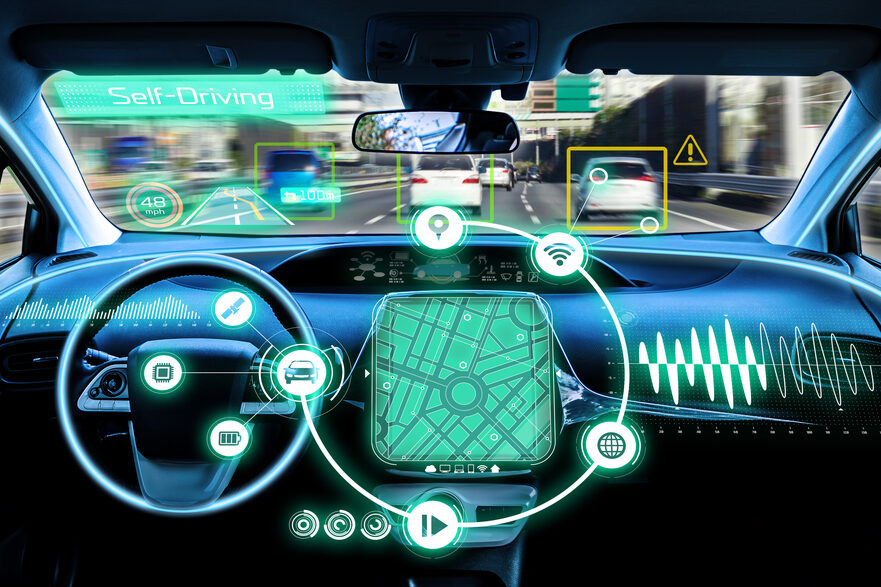
Driving used to be one of the most human things you could do, requiring quick decisions, instincts, and awareness. Now, with self-driving features, cars decide when to brake, swerve, or change lanes, leaving humans as passive passengers. It feels futuristic until you realize how much control you’ve quietly surrendered. While it reduces accidents, it also erases the lessons that come from human judgment behind the wheel. What once relied on skill and reaction is now calculated in milliseconds by sensors and code, and that’s changing how we think about trust and responsibility.
6. Policing Predictions by Code
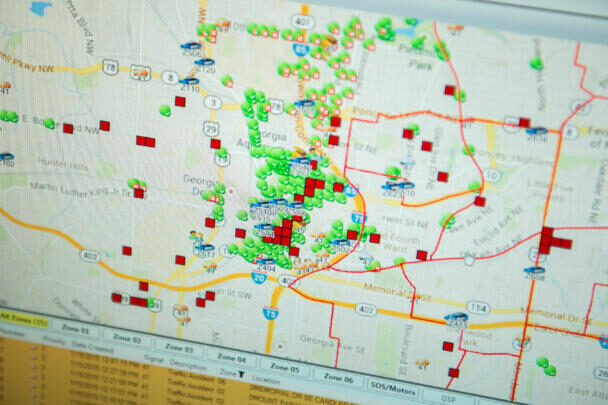
Some police departments use predictive software to guess where crimes might happen or who might commit them. It’s sold as innovation, but the power to predict people’s actions based on data removes the context of real human lives. Officers begin to rely more on alerts and less on instinct or empathy. Entire neighborhoods can be labeled as risky simply because of statistics. The problem is that data reflects past human bias, and when the algorithm learns from it, those same judgments are reinforced. Machines can’t yet measure fairness, only probability.
7. Money Advice Without the Human Touch
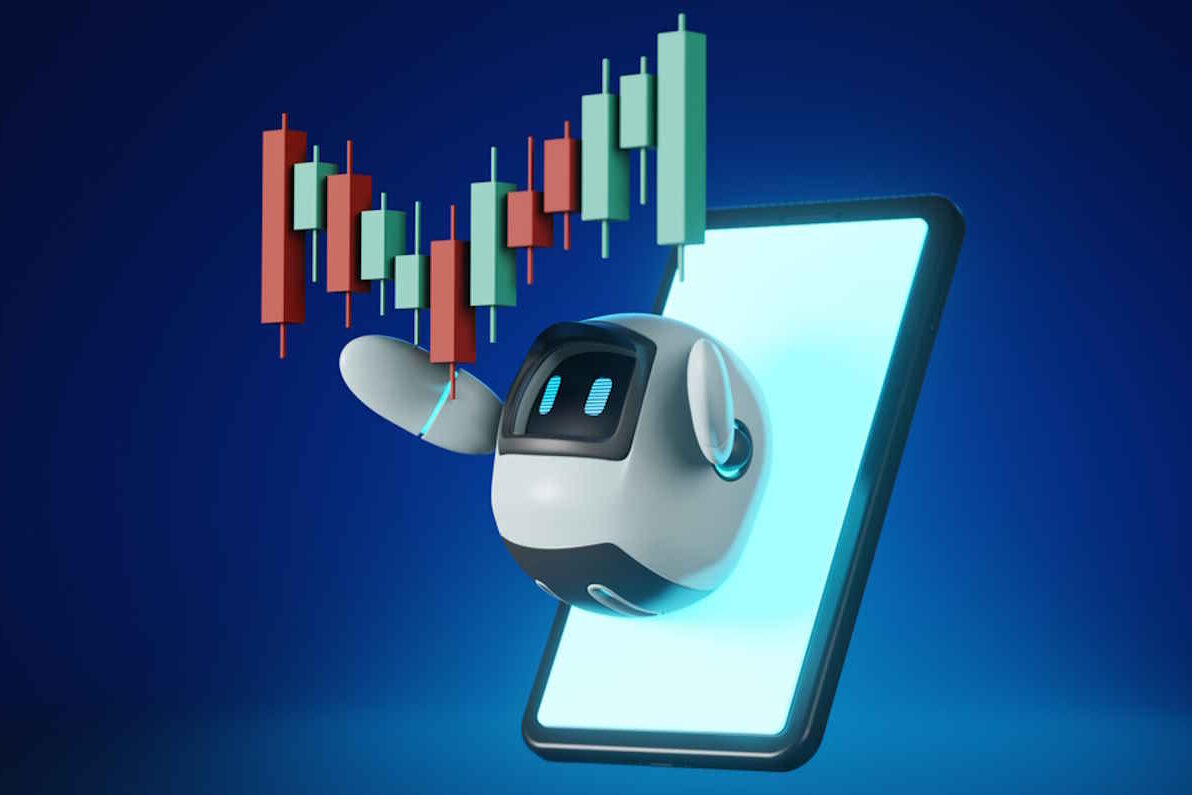
These days, financial advice can come from a screen instead of a seasoned advisor. Robo-advisors use data to recommend investments, manage portfolios, and even adjust risk levels automatically. It’s fast, affordable, and seemingly accurate, but it replaces the conversation that once came with financial planning. There’s no chance to explain that your goals are emotional, not just mathematical. The algorithm doesn’t know about dreams, setbacks, or family needs. It knows numbers, not nuance, and that changes the relationship between people and the money they trust machines to manage.
8. Machines Deciding What We See Online
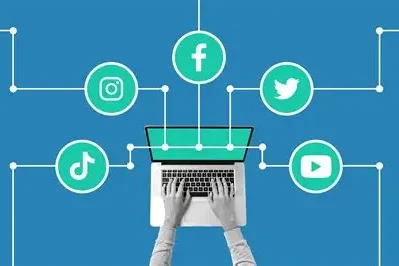
Every post you like, skip, or linger on feeds into algorithms that decide what you’ll see next. Social media platforms use AI to predict what captures your attention and what doesn’t, shaping your view of the world without asking. What once depended on your curiosity now relies on invisible judgment. These systems claim to personalize, but they often confine, showing you what fits the pattern of your past clicks. Human curiosity used to lead discovery; now machines quietly steer it, deciding what deserves your attention and what doesn’t.
9. When Articles Write Themselves
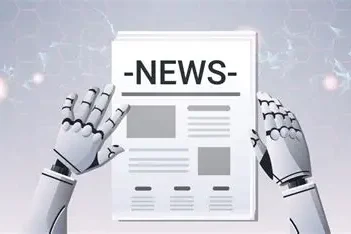
Some news stories today aren’t written by journalists at all but by AI programs designed to summarize events or generate updates instantly. It’s efficient and consistent, but it replaces a human’s sense of voice, intuition, and storytelling. A writer adds empathy and understanding, while an algorithm adds speed. The danger lies in losing the human tone that connects facts to feeling. Readers might not even notice the difference anymore, but something deeply human fades when creativity turns into computation. The result is news that informs but doesn’t necessarily move us.
10. Insurance Judged by Algorithms
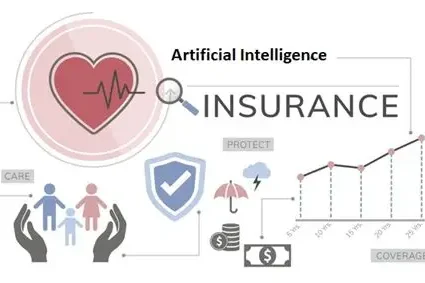
Insurance companies now depend heavily on AI systems to assess risks and set premiums. Instead of a person evaluating your situation, a machine decides what kind of coverage you deserve. That might mean your lifestyle or neighborhood influences your rate more than your honesty or caution. The personal touch once found in sitting across from an agent who knew your story is replaced by cold calculation. What seems like a harmless shift in efficiency can feel unsettling when fairness becomes something measured only by data and digital profiling.
11. Promotions Scored by Software
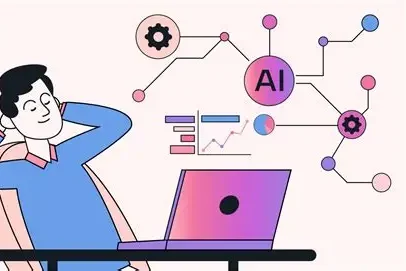
Inside offices, performance reviews are becoming more automated than ever. AI tools monitor productivity, analyze work habits, and suggest who deserves a raise or promotion. Managers once relied on instinct, noticing growth, effort, or creativity that numbers couldn’t capture. Now, workers are judged by metrics rather than relationships. It makes evaluation faster but also more impersonal. When algorithms decide who gets ahead, it can quietly strip away the sense of fairness and mentorship that used to define human leadership. It’s progress, but at a quiet emotional cost.
12. Machines Reviewing Legal Work

Law firms use AI to analyze contracts, identify risks, and even draft agreements. What used to take hours of careful reading now happens in seconds, but the subtle reasoning that comes from human experience may fade. Machines don’t understand trust or intent; they only see text and patterns. Lawyers still step in, but often after the machine has made key judgments. It makes law more efficient but also less personal, turning something once guided by intuition and ethics into a process shaped by predictive models and probability.
13. Customer Service Without a Smile

It’s easy to forget that the chat window helping you fix a problem might not belong to a human being. AI-powered systems now handle everything from refunds to complaints, making decisions based on programmed rules. It saves time but can feel cold when empathy is replaced by auto-generated replies. The warmth of human understanding gets lost in translation. Sometimes what people need isn’t a solution but a sense of being heard. Machines may solve problems, but they rarely understand emotions, and that’s where the real connection used to live.
14. Watching Through Smart Surveillance
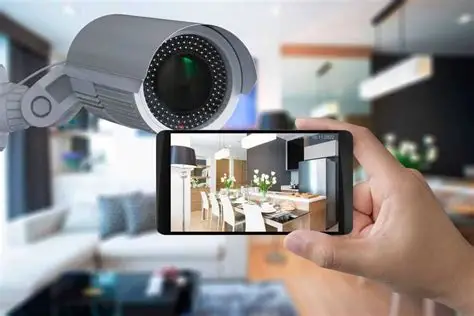
Security cameras are getting smarter, analyzing movement, recognizing faces, and alerting authorities automatically. These systems decide who seems suspicious or out of place without a person ever looking up. It’s meant to improve safety, but it also shifts judgment into the hands of machines that don’t understand human context. A nervous gesture or quick glance could trigger an alert, even if nothing’s wrong. The sense of being watched changes when it’s not by people but by pattern-detecting code that never questions its own conclusions or feels the weight of judgment.
15. Algorithms Blocking Your Transactions

Ever had your card declined for no reason? It’s likely that an algorithm decided your purchase looked suspicious. Fraud detection systems scan billions of transactions and make instant choices about what’s safe. It prevents theft but sometimes punishes the innocent. The human banker who might once have called to verify now appears only after the fact. The machine’s speed is impressive, but it removes conversation from the process. It’s a small glimpse into how judgment has quietly become automated, leaving people to navigate decisions they never actually made.
16. Sports Decisions by Data
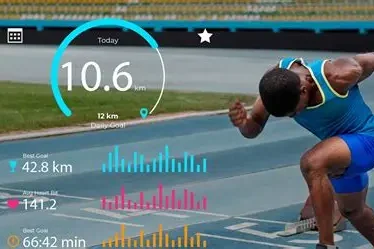
Coaches once trusted their gut to choose players and strategies, but now AI tools analyze every move, predicting outcomes before games even begin. It turns competition into calculation. While data helps refine performance, it also narrows the room for instinct and creativity that define great athletes. The computer might pick who plays, but it doesn’t see the heart behind effort. Sports are about people, not just patterns, yet the more teams rely on data-driven decisions, the less human magic we see in the moments that truly matter.
17. Robots Judging Factory Work
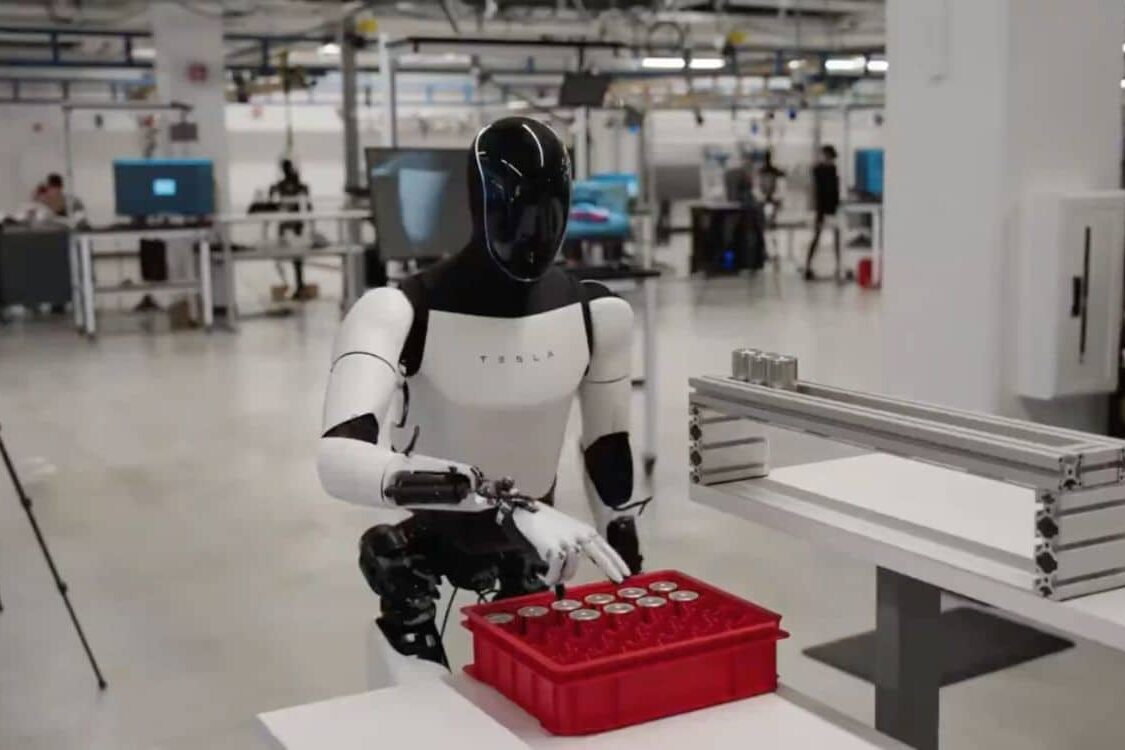
In manufacturing, machines now decide when a part is faulty, when production should stop, or when a process needs adjusting. Supervisors still exist, but they rely on automated readings rather than their own senses. The human eye once caught details no system could, but as robots take control, experience becomes data rather than wisdom. It makes production faster and more efficient, but it also shifts judgment into something mechanical. What was once a craft shaped by people is now a process monitored by code.
18. Gig Workers Rated by Algorithms
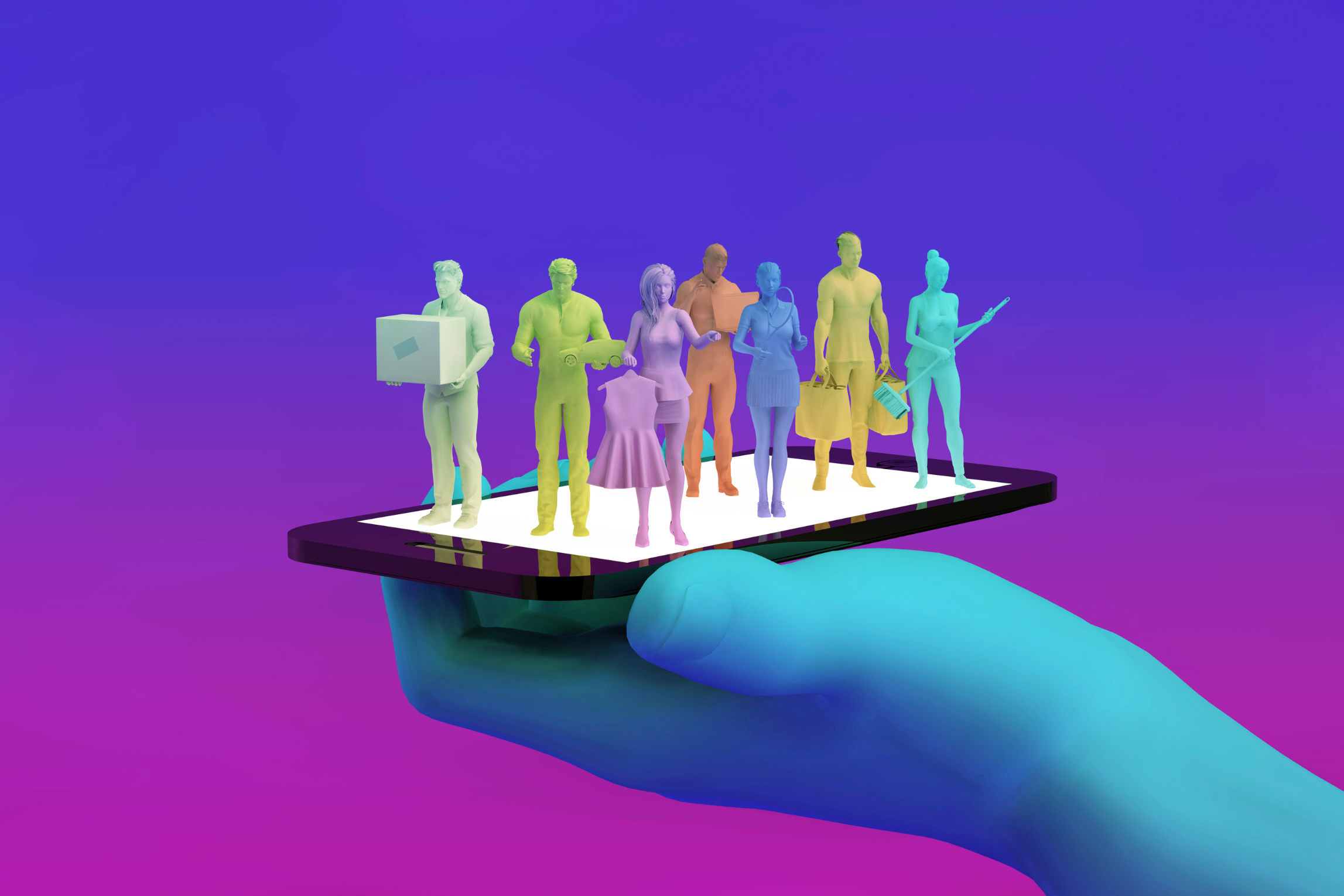
In gig apps, the algorithm chooses who gets jobs, when, and how often. Drivers, cleaners, or freelancers may never meet a human manager, yet their entire livelihood depends on unseen calculations. The system rewards consistency but punishes unpredictability, leaving little room for personal reasons or context. What used to be a relationship between employer and worker is now data sorting and automated judgment. The shift feels silent, but it changes how fairness, trust, and opportunity work in a world run by ratings and code.
19. Homes That Think for You
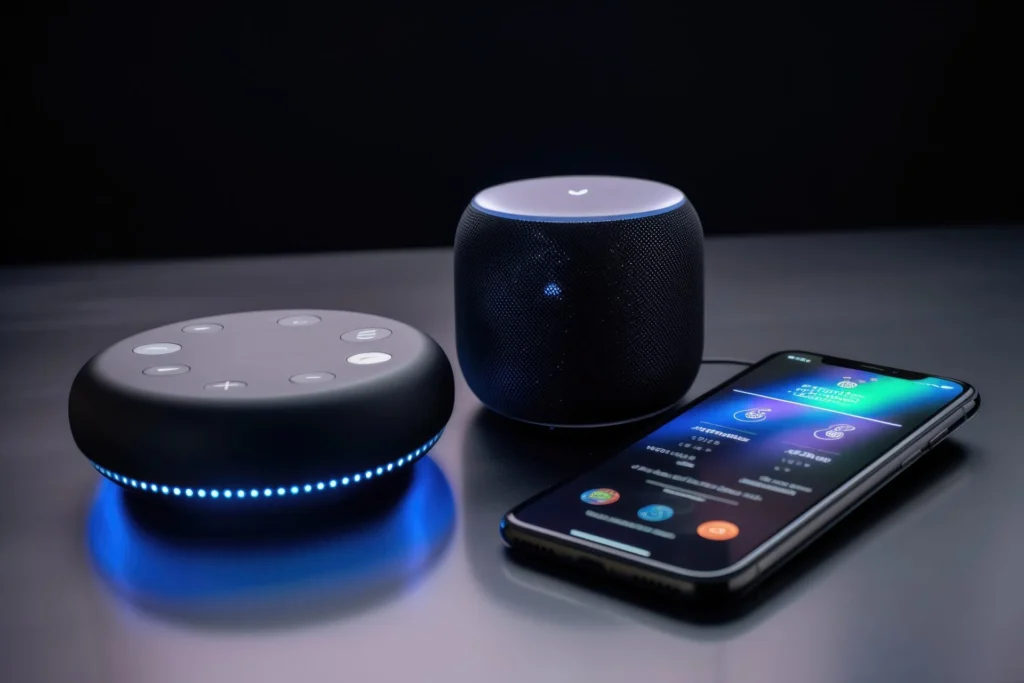
At home, AI assistants decide when to dim lights, adjust temperature, or remind you to rest. It feels convenient, almost caring, until you realize those choices replace your small daily decisions. Comfort becomes something predicted rather than felt. The machine learns your patterns and starts anticipating your needs, which sounds helpful but subtly erases mindfulness. As AI handles more, human judgment becomes something we practice less. The quiet trade-off is comfort at the cost of awareness, and that’s how our reliance slowly reshapes what it means to choose.
This story 19 Terrifying Ways AI and Robots Are Quietly Replacing Human Judgment was first published on Daily FETCH


